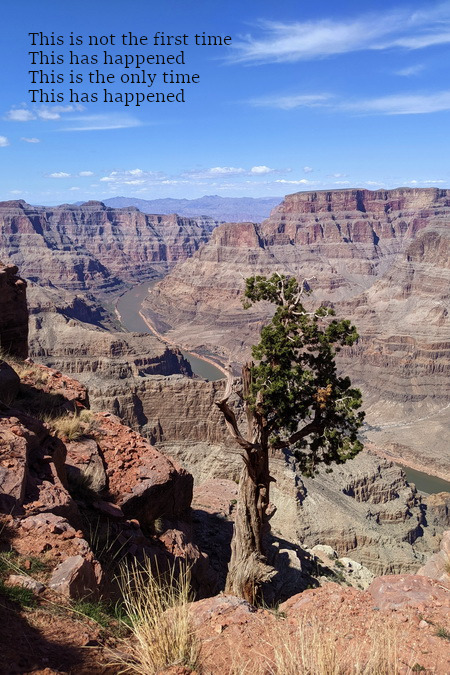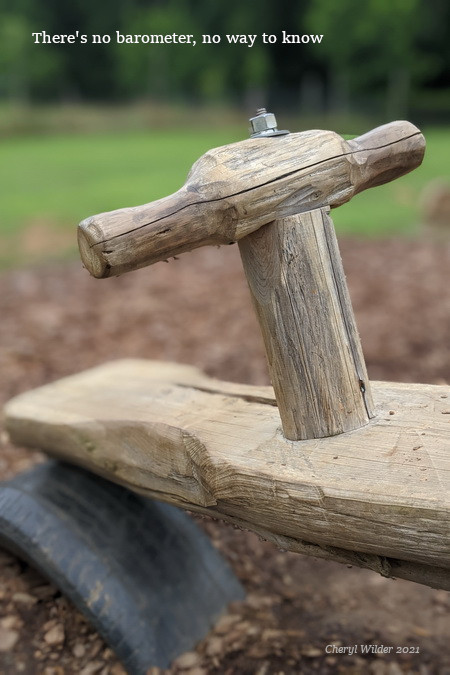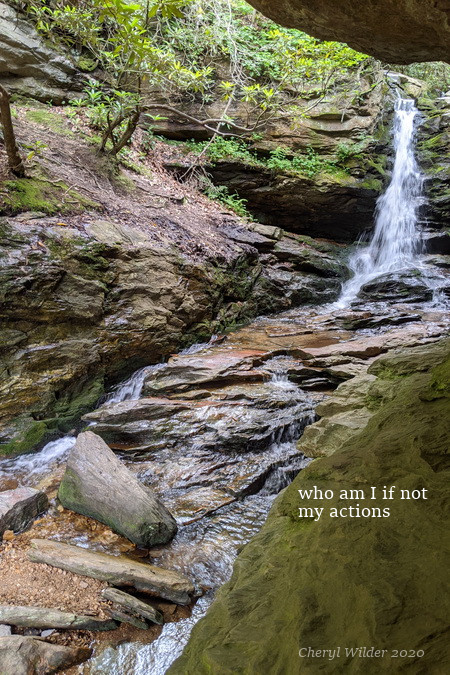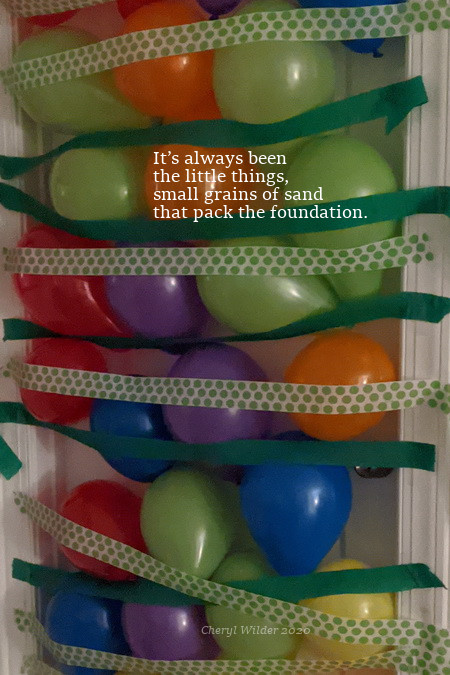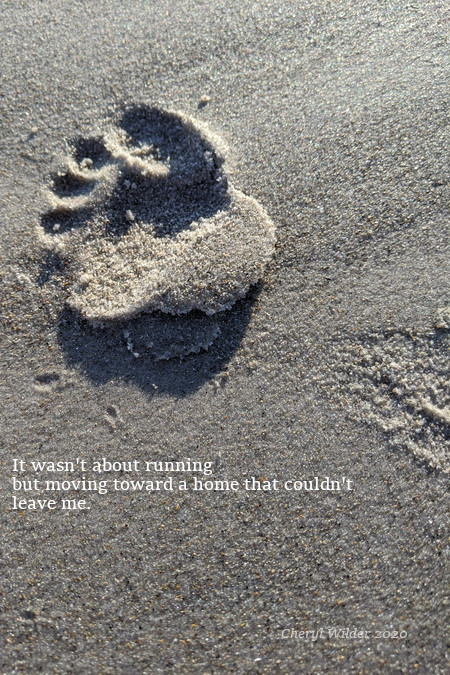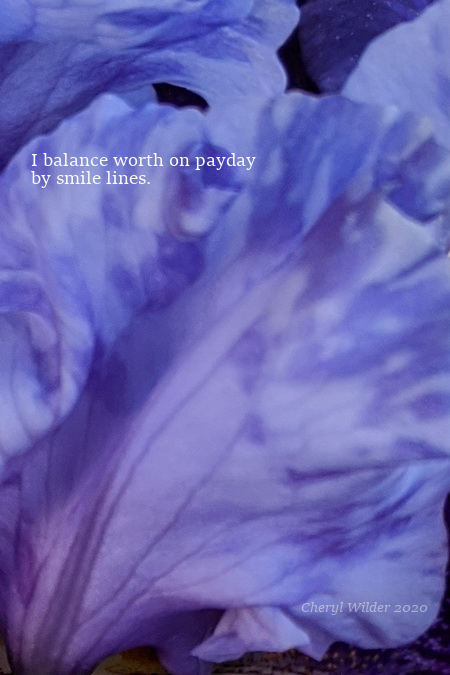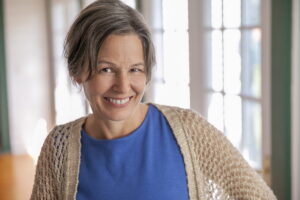Visiting Guano Point, located on the Grand Canyon’s west rim, was a lesson in walking meditation. With the 3,800-foot cliff only steps away, I walked slow and deliberate. I felt every wisp of breeze on my face. My mind expanded as it reached into every nook of stone carved from the power of flowing water.
It was spiritual. It was a natural high. And pictures don’t do the experience justice.
When I walked away, I thought I might get in line at the café. My eldest son was with me–a mother-son trip postponed from May 2020–and we needed to eat. Still feeling the expanse of the canyon, my mind floating in and out of ravines, I couldn’t get in the too structured, too confining line. I walked around, waiting to come down and feel my feet on the ground so I could move on to the next human thing.
BornWilder Blog Pause
There is an endless amount of pauses in life. The two most recent for me are the pandemic pause and the rearing young children pause–two momentous pauses that, like Guano Point, make me walk slow and deliberate, my mind floating in and out of daily life. But I’m pushing these pause buttons back to play–the kids and the pandemic don’t need my micro-attention, and I’m ready for the next phase of my writing and entrepreneurial journey.
I’ve mentioned all the big-picture thinking and movement since last fall, and it’s time to get the details worked. BornWilder Blog content will reflect my business changes, but it won’t be too different. The goal is to be more focused and clear, which I desperately need.
If I have book or event news over the summer, I’ll send a quick note. Otherwise, I plan to restart the blog in September 2022. Thank you for being on the other end of the blog/newsletter. The writer-reader relationship is a sacred space.
All good things to you this summer.
Text overlay:
This is not the first time
This has happened
This is the only time
This has happened
Quote from unpublished poem “Season 2022” that won first place in the Burlington Writers Club 2022 contest. Image and text by author. All rights reserved.

